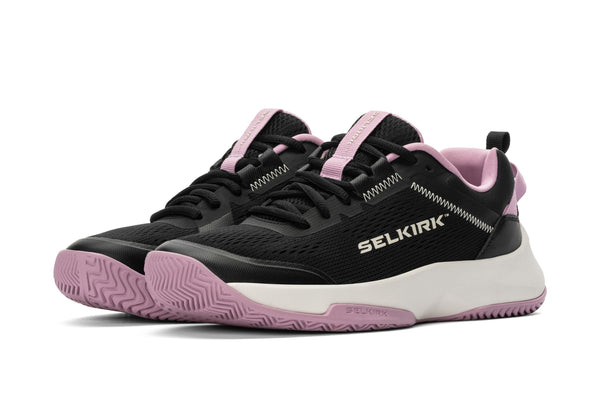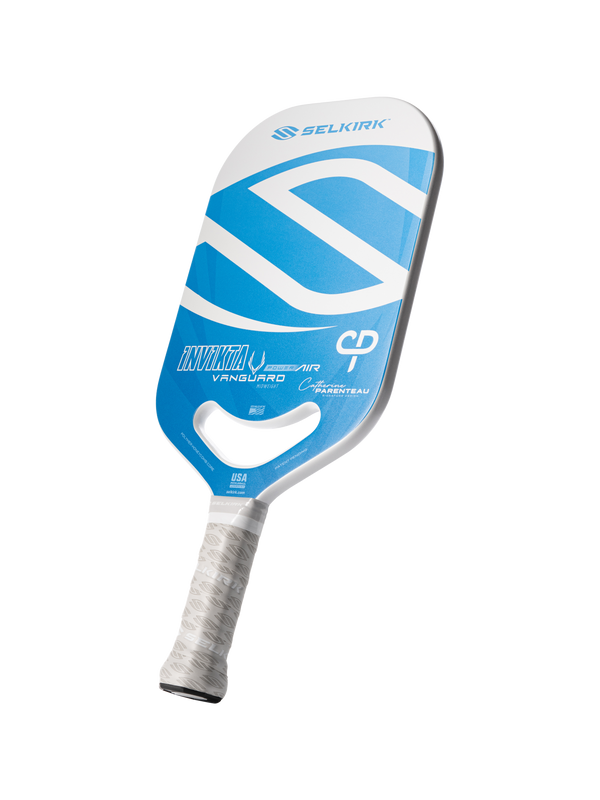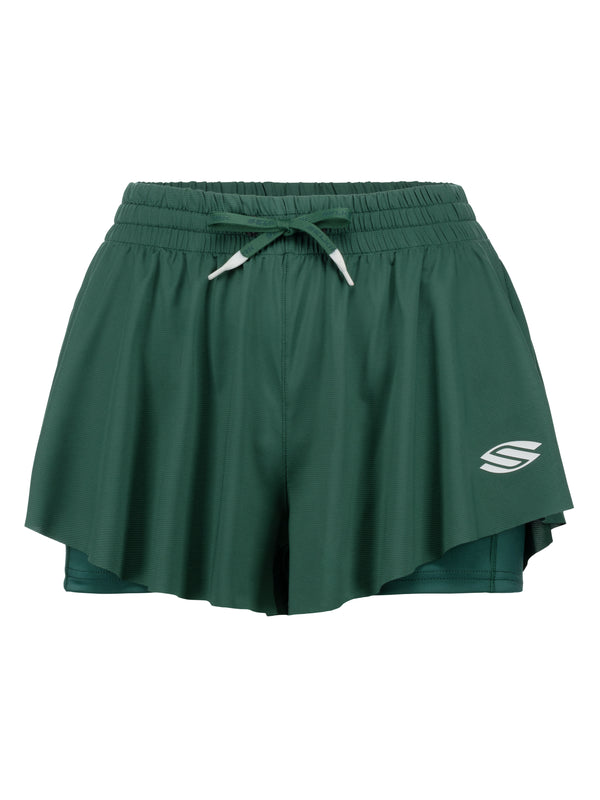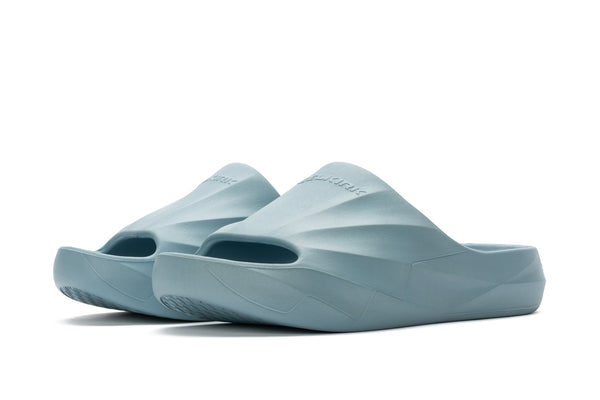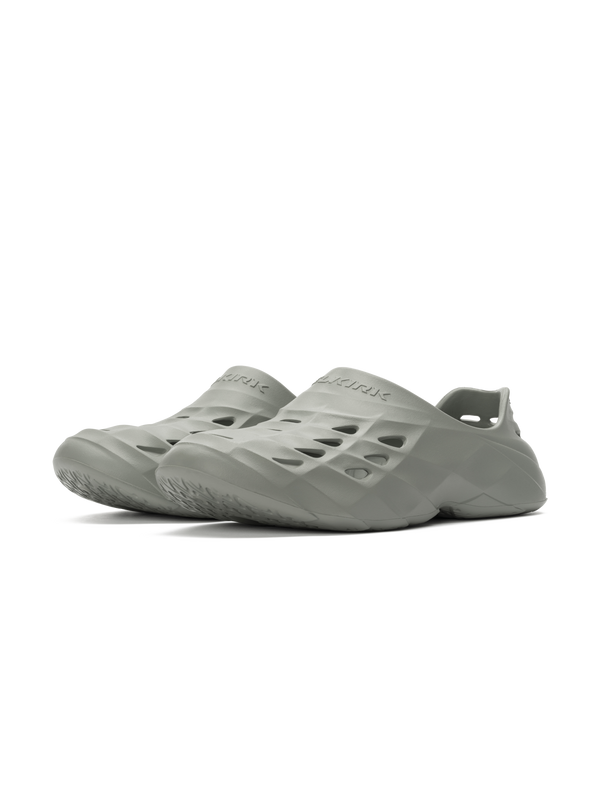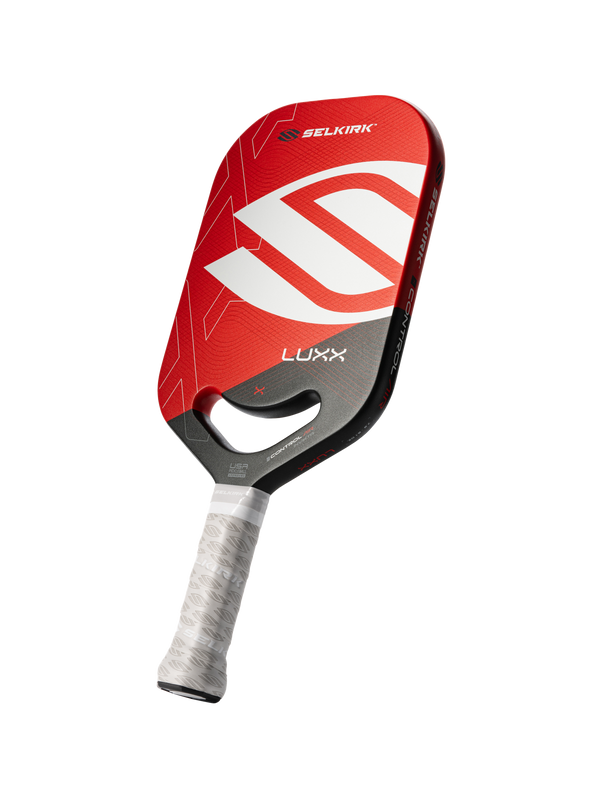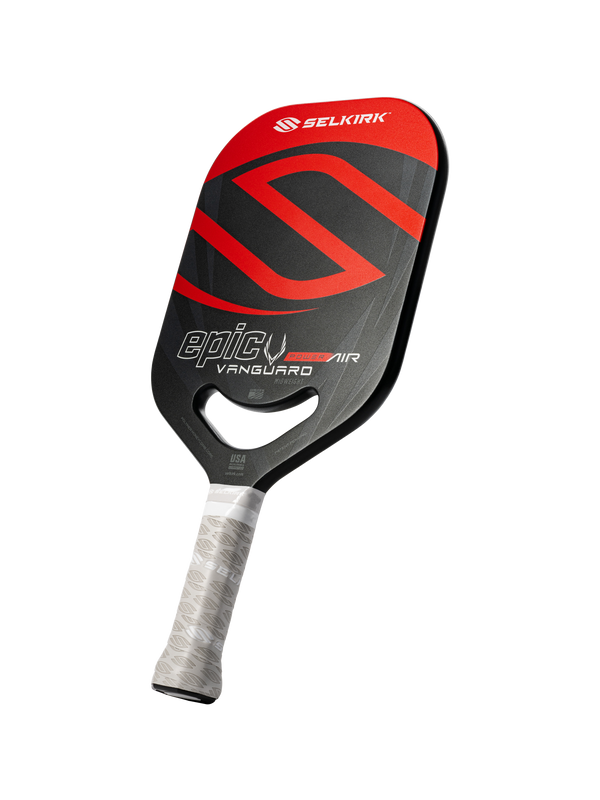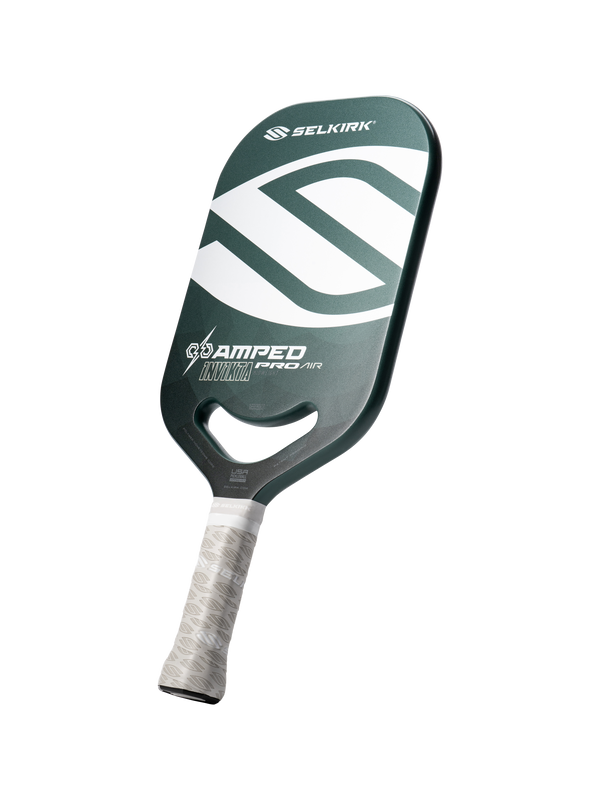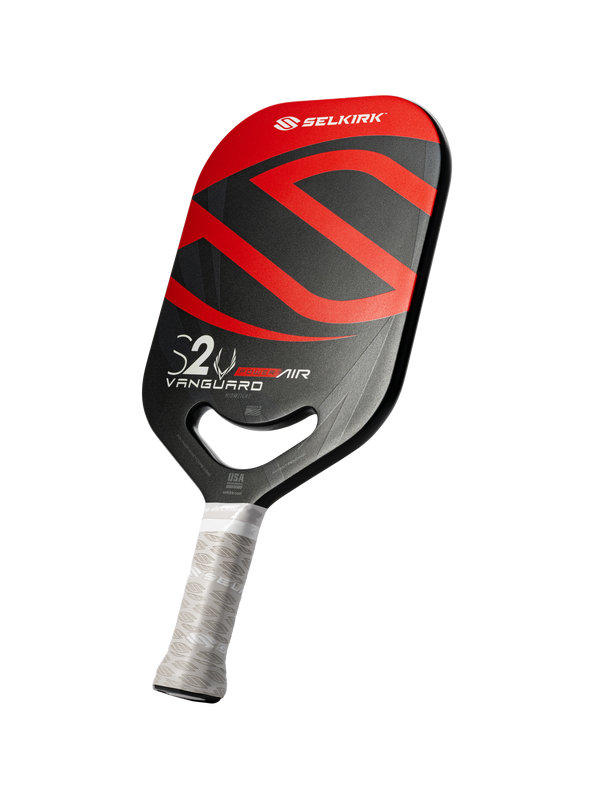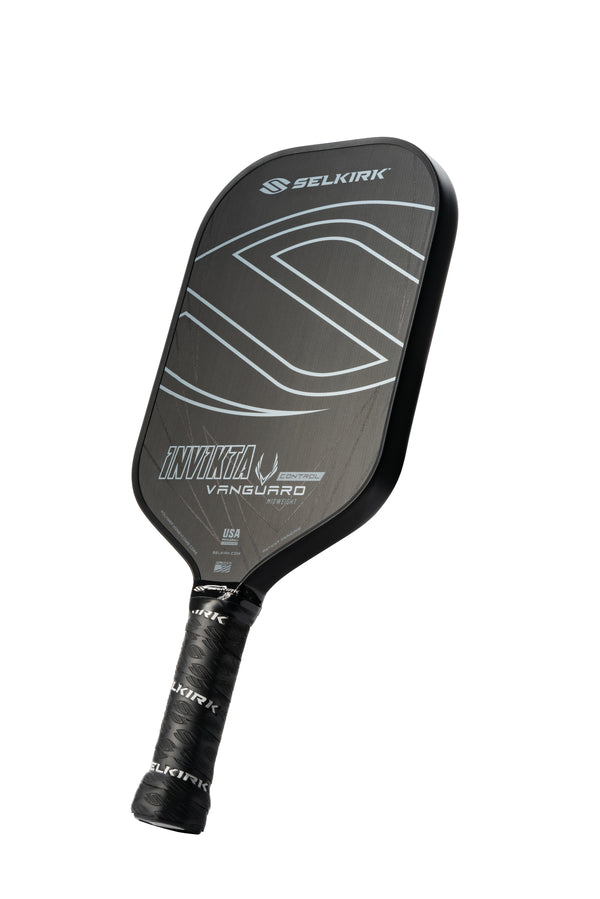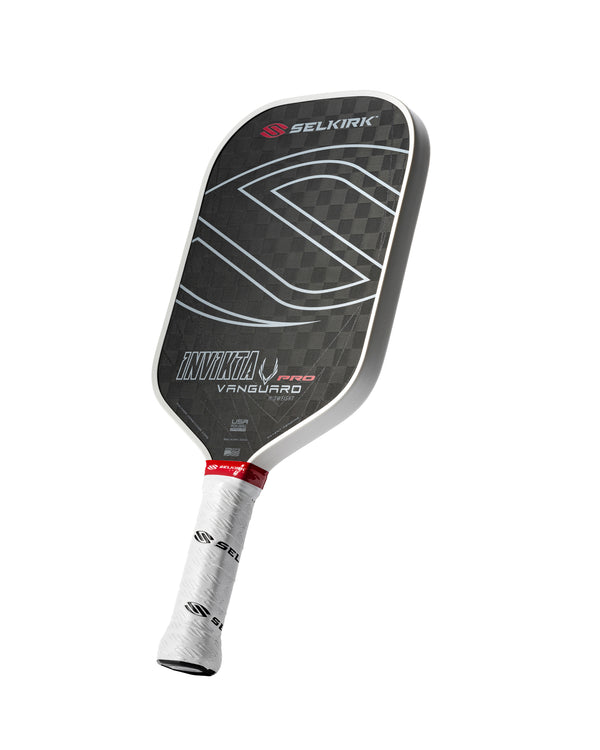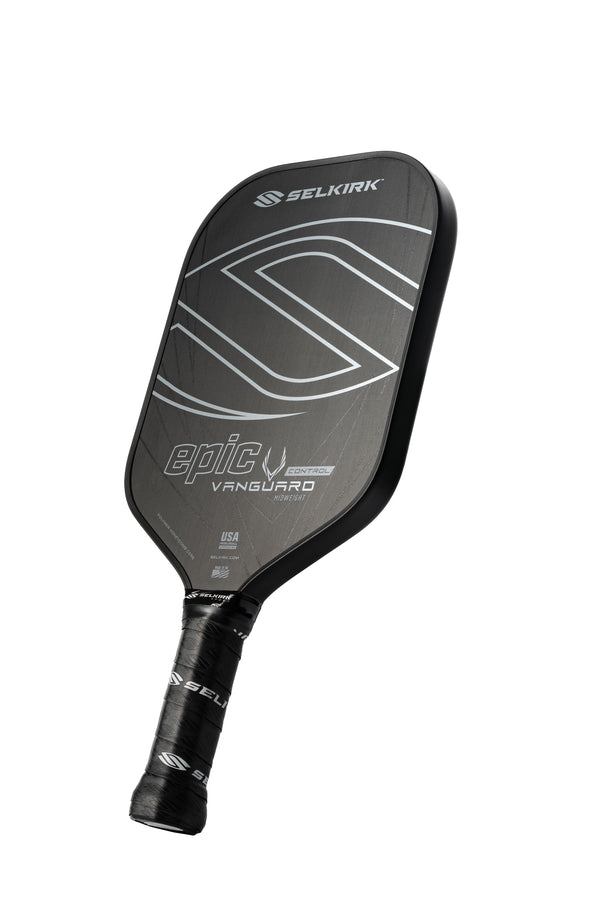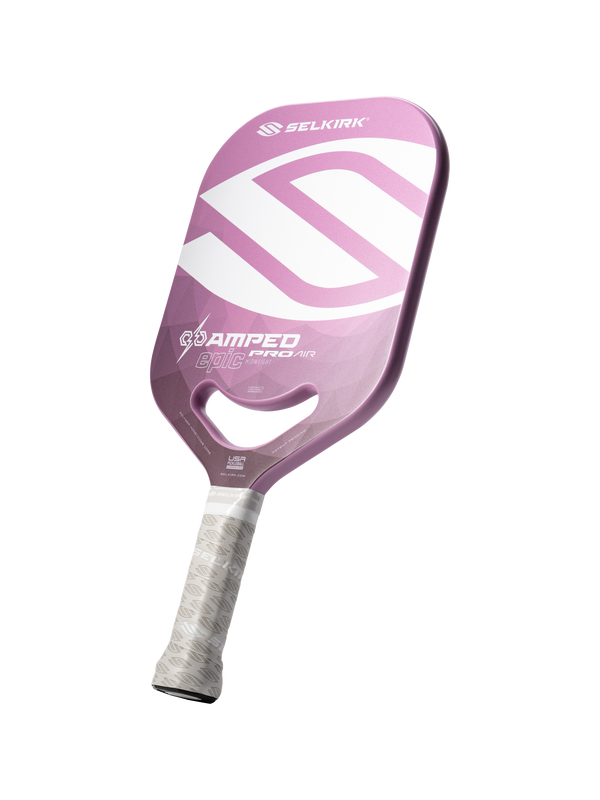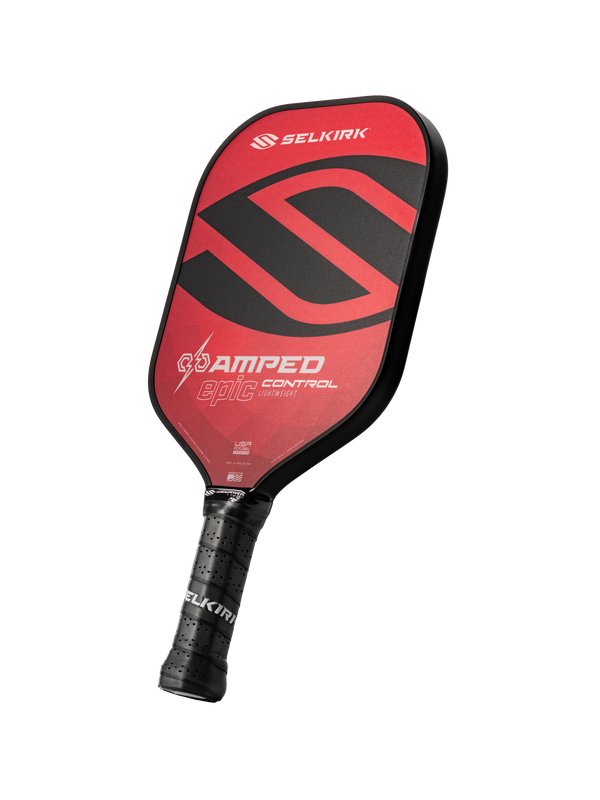
Pickleball is a unique sport because it appeals to players of all ages. However, players in different age brackets may have different challenges and considerations to help them succeed on the court.
In a new Selkirk Pickleball TV series, “Senior Success,” senior professional pickleball player Steve Paranto shares tips for seniors who play pickleball. In the first episode, Steve gives insight on how to buy time on the court.
Early preparation at the baseline
One of the key components that can help seniors succeed on the pickleball court is effectively buying time to react to shots. The best way to do this is to start each shot from a balanced ready position.
Players should stand with their hips square to the net, their knees slightly bent, and their paddle out in front of their body.
Then, pivot your foot to make a shot. If you are hitting the ball on the right side of your body, your right foot will pivot behind you, bringing your hips square to the right sideline.
If your arm is properly in front of your body, when you turn to make a shot, you won’t need to move your arm back because it will already be in the proper starting position to swing through the ball.
Although this seems like a minute adjustment, keeping your paddle out in front of your body can buy you a lot of time.
Early preparation at the kitchen
Similar to a ready position at the baseline, you should start with your hips square to the net, knees bent, and your paddle out in front of you.
However, when at the kitchen line, you can hold your paddle higher in the air than you would at the baseline. This is because you are more likely to receive volleys at the kitchen line, so by holding your paddle higher, you are limiting the amount of ground you have to cover when receiving a volley.
It’s also important to pre-set the paddle face as early as possible in the direction in which you want the ball to travel.
For example, if you are standing on the right side of the court and you want the ball to travel cross-court, you should point your paddle face toward the opposite side of the court before you make contact. Just be careful not to open your paddle face too much to your opponent as this will often lead to a pop-up.
After each shot, return to your neutral ready position.
Using footwork and ball tracking to get set early
Another technique to buy time on the court is tracking the ball’s trajectory early so you have ample time to get your feet set for the next shot.
Let’s say you are serving. As soon as your opponent begins swinging their paddle to hit the return, you should be tracking the ball.
Pay attention to how the ball comes off their paddle. Depending on how where opponent’s paddle is pointing, you can typically tell quite early where the ball will land.
Communicate clearly and quickly with your partner to determine who will take the next shot. From there, move your feet — keeping your paddle out in front of your body — to receive the next shot.
Do not wait until the ball crosses the net to move. Move as soon as you know where it’s going to go.
Download the Selkirk Pickleball TV app HERE to watch the complete episode and many other Selkirk TV original shows, podcasts, lesson series from the pros, and much more.



